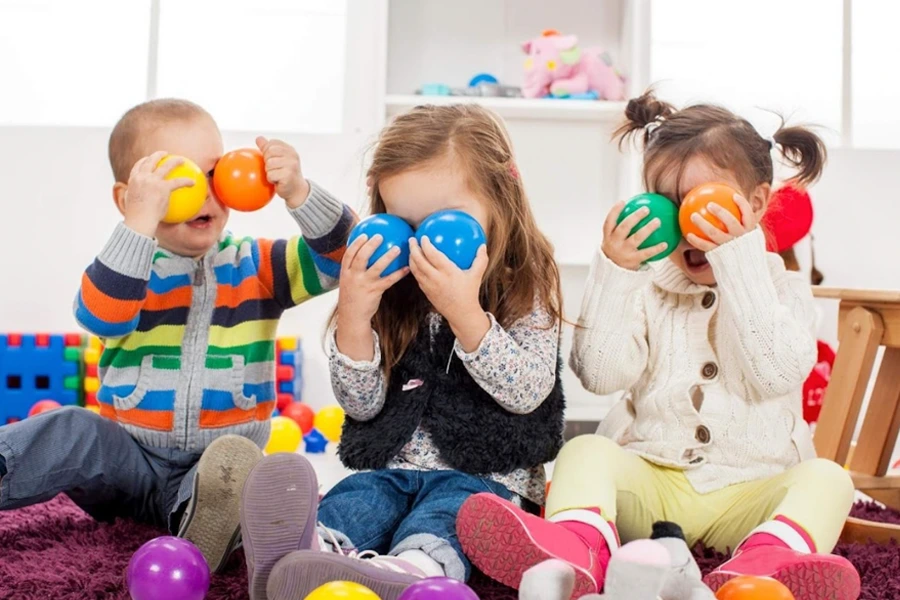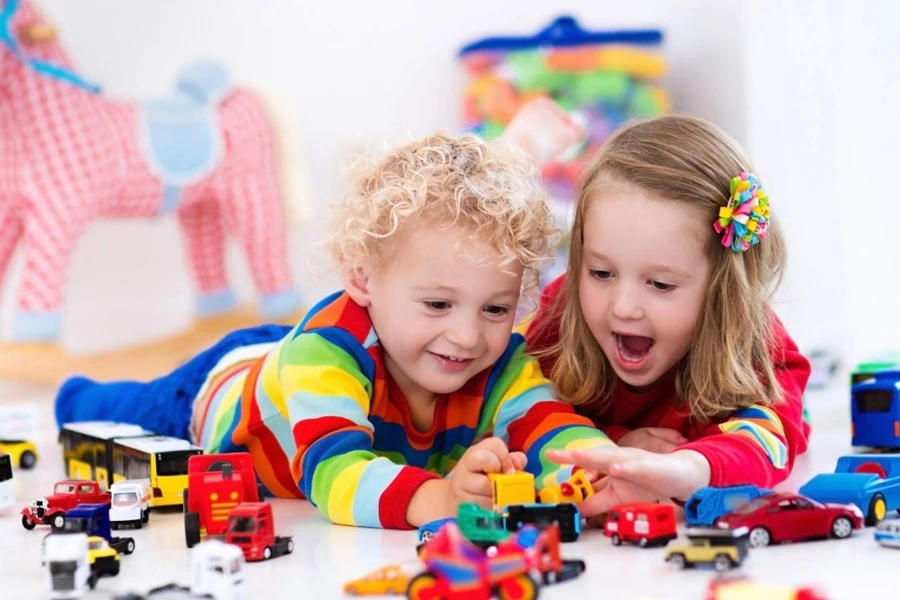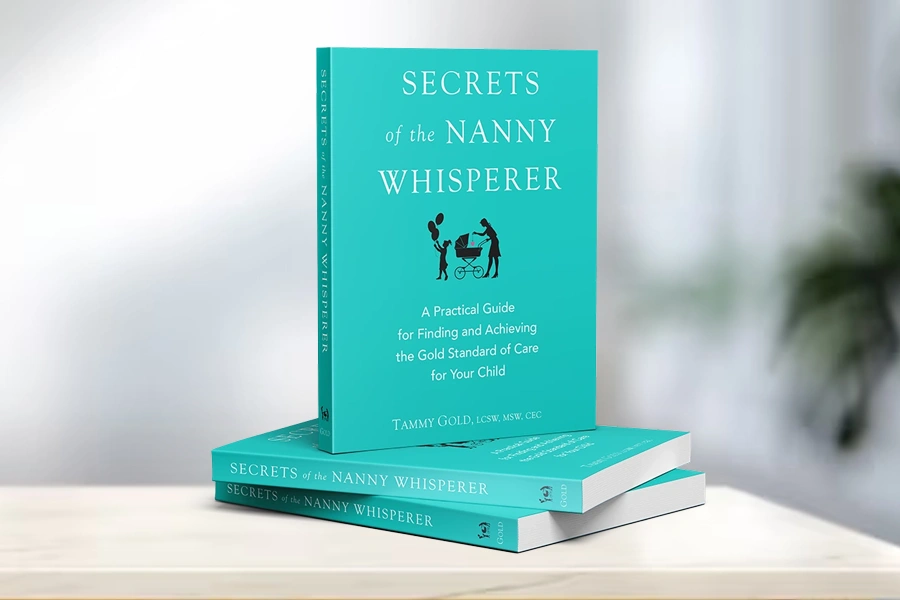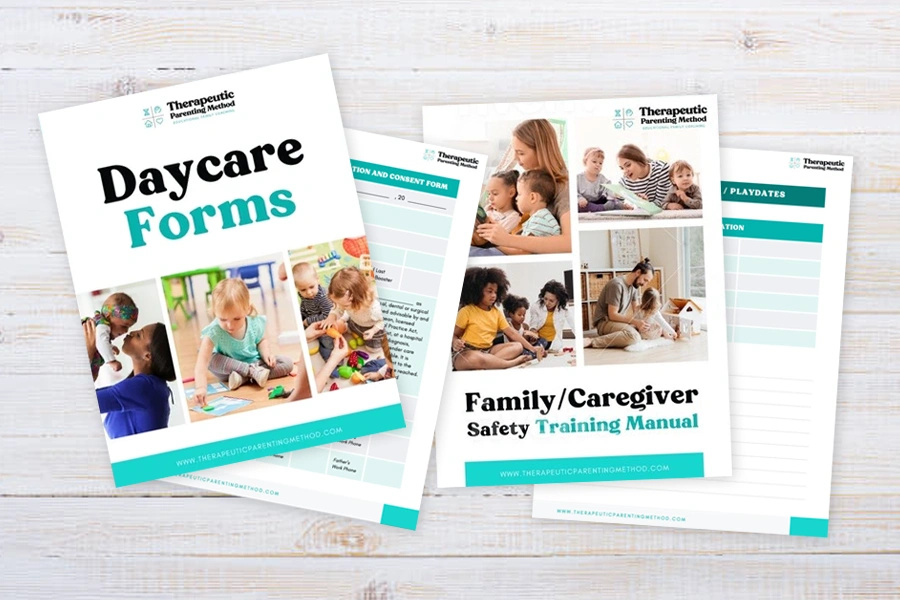Playdates are one of those things that most parents either love or try their hardest to avoid.
Hanging out with other parents, introducing new germs, arranging the playdates, it can be an intimidating feat — especially to new parents.
But the reality is that your children can greatly benefit from playdates — if they’re done right.
If you’ve been looking for ways to have playdates or even ways to get through a playdate, this guide will walk you through everything you need to know and how they benefit your children.
Importance of Playdates
Playdates are a great way to get your children socially involved with other children their age.
Around the age of three, children begin what’s called parallel play — you’ve probably seen it a dozen times with your children or someone else’s children. They play next to each other, but not with each other.
Although it may not look like it, children begin learning from each other — even when they aren’t actively playing together. This type of play is the bridge to the start of friendships and children learning to play together.
Social interaction is an important part of how children develop. In fact, interacting with other children is a healthy way for children to develop social, emotional, cognitive, language, and physical skills.
Scheduling Playdates for Toddlers
Figuring out proper playdate etiquette can be tricky, but here are some basic guidelines to follow:
Toddlers are too young to be left alone to play at someone else’s house. Many toddlers still depend on their parents when they are in new or uncomfortable situations.
If you are planning a playdate, avoid having more than four toddlers at a playdate. This reduces the chance of a toddler becoming stressed or feeling left out.
Try to keep the ages of the toddlers that will be playing together within four to five months of each other.
Schedule playdates for around two hours, two days a week. This keeps your toddler interested in the playdates without overwhelming them.
If you notice that your toddler is becoming tired and stressed during or after playdates, lessen the play dates to one day a week for an hour or two at a time.
The time of day matters, too. Schedule playdates between naps and mealtimes, this helps prevent any changes in routine for your toddler.
Toddlers thrive on routines, consider setting a routine for playdates, too. Meet on the same day at the same time each week. This helps toddlers adjust to changes in schedule and adapt to new surroundings and new friends.
Playdate Etiquette
Arrange playdates in neutral areas like a playground to avoid fights over what is “mine.”
If a playdate is at another child’s home, bring some of the toddler’s favorite toys. Avoid bringing any special toys that will leave your child upset if another child has it.
Bring snacks. Bring a mix of snacks both healthy and “unhealthy” — while one child might like apple slices, another might like crackers.
Having options gives children fun choices for their playdates and the chance to be a little more independent when picking what they’d like to eat.
Handling Conflict
Keep an eye on the children but do not interrupt or get in the way of their play.
Learning to handle conflict is an important lesson.
If you notice that a conflict is about to happen, intervene before it gets out of hand. Distract and redirect the children to stop anything from happening before it occurs.
Be a positive model for the children. Guide them through conflict resolution.
For example, if your daughter isn’t sharing, intervene and say,
“Susie, it’s not your turn. Remember we share with our friends.”
Preparing to Leave a Playdate Without a Meltdown
When it is close to the time for the playdate to be over, give the toddlers a warning to prepare them for the end of the play date.
Let your child finish whatever he/she is doing before making the child leave the playdate.
For example, say “We need to leave in a few minutes so please finish up your pretty picture.”
This will help cut back on tantrums by preparing your child for the fun to be coming to an end.
If your toddler does not want to leave, use a distraction to divert his/her attention.
For example, “We are going to the store. Let’s go count the apples together.”
Or
“It’s about to be lunchtime, let’s go make sandwiches together.”
If a distraction isn’t working, or there are signs that negative behavior or a meltdown coming, end the playdate as soon as possible. Start picking up the toys and telling the child that it is almost time to leave.

When Is Your Child Ready To Go On A Playdate Without You?
For many parents, the idea of a drop-off playdate sounds phenomenal. They give parents time to regroup and have some “me-time”. For others, leaving their child in someone else’s care can be terrifying.
But how do you know when your child is ready to be dropped off at a playdate? Do parents stay for playdates?
For children under the age of four, I don’t recommend playdate “drop-offs”.
If you feel you and your child are ready for playdates without your supervision, the following factors can help you decide if he or she is ready to be without you for a few hours:
- Your child doesn’t cling or cry when dropped off at daycare or with a sitter.
- Your child is good at sharing toys or lending or borrowing with other children.
- Your child does not get bossy or withdraw within a group
- Your child uses words to express anger instead of hitting, pinching or biting
Preparing For Your Kid’s Playdate Without You
You’ve decided that your child is ready to go to their first playdate without you being present for the entire thing.
Prior to the playdate, explain to your child that you will not be at the playdate. Ask him/her how she feels about it. Talk with him/her about any feelings he/she may be having.
When you arrive at the playdate, make sure your child knows the other children and adults before leaving him/her alone at the playdate.
Introduce your child to the parents, and let them know that if anything happens — they can go to that person directly.
For the first playdate without mom or dad, make it a short one — about an hour. This helps keep them from getting lonely or overwhelmed when they realize mom or dad isn’t there anymore.
Stickers are a great little treat to give your child to wear as a reminder of home. Let your child take an extra sticker to give to his/her friend in order to break the ice.




